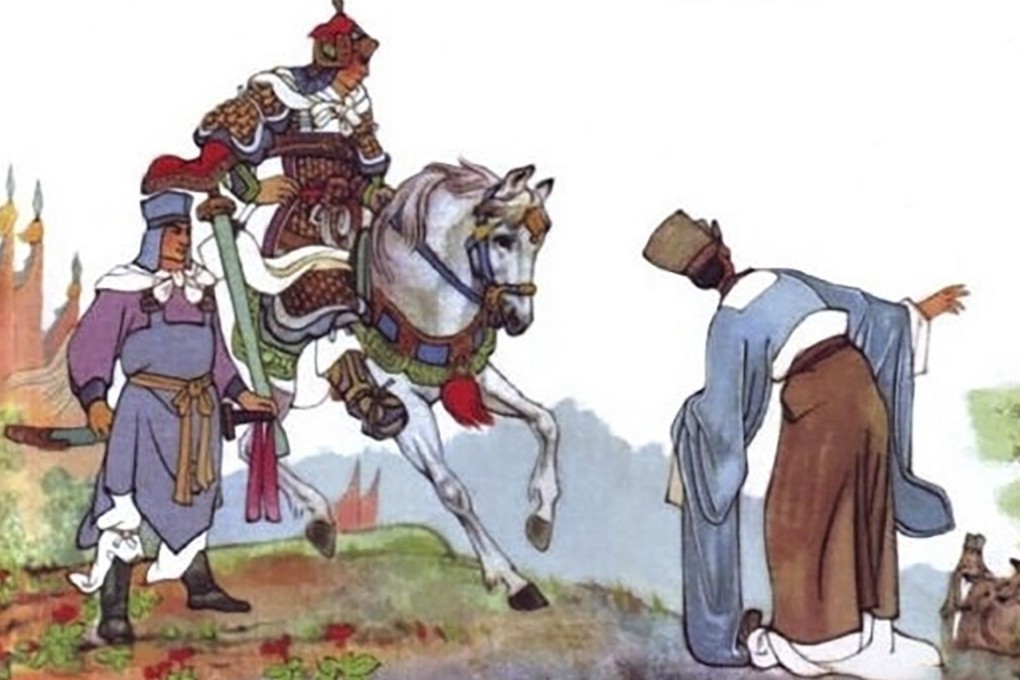Reflections | Like Ukraine getting help in war with Russia from ordinary people, the Chinese commoner who stopped an invasion from a neighbouring state
- Non-state actors are playing a huge part in the ongoing war, from retailers like Ikea pulling out of Russia to private hackers disrupting its state systems
- Over 2,600 years ago, a quick-thinking Chinese merchant thwarted a surprise attack from a neighbouring state, saving his own from war and destruction

Russian president Vladimir Putin’s invasion of Ukraine, an independent and sovereign nation recognised by almost every country in the world, is seen as an unjustified act of aggression by many people, including quite a few Russians.
In addition to these international responses are the actions of non-state actors taken in protest against Russia’s invasion of its smaller neighbour. Retailers from Ikea and H&M to Burberry and Chanel have either halted or reduced operations in Russia.
Hackers have also disrupted Russia’s state and defence computer systems, while private individuals, literally keyboard warriors, have provided the Ukrainian armed forces with real-time satellite images of Russian troop movements and military hardware, in addition to those captured by intelligence agencies.
In the history of warfare in China, non-state actors were most often passive onlookers, refugees or collateral damage in the fighting, especially in the pre-modern era. Wars were waged by emperors and kings, conducted by military strategists and generals, and fought by professional and conscripted soldiers.
However, over 2,600 years ago, a humble merchant decided not to be a passive player and even managed to prevent his state from invasion and annihilation. China during the Spring and Autumn Period (770-403 BC) was nominally under the rule of the king of the Zhou dynasty, but in reality the country was divided into dozens of independent states of varying sizes and military strength that were constantly at war with one another.

